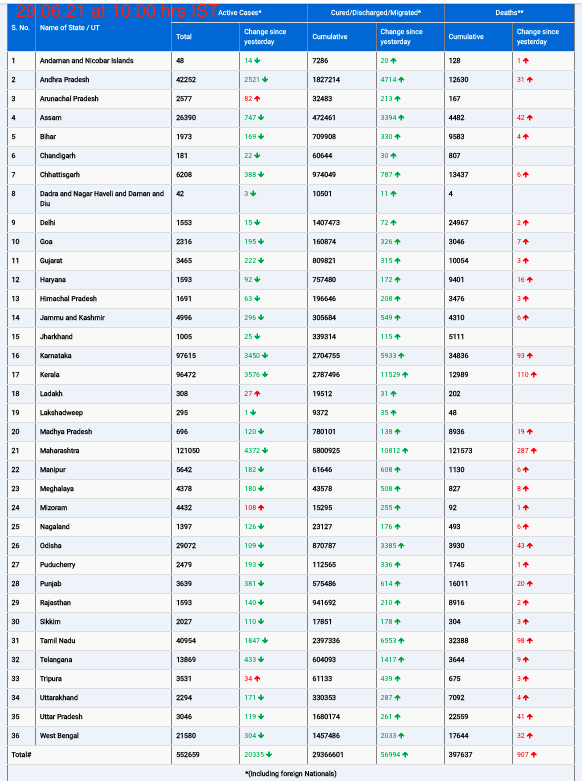A new study conducted by the London School of Hygiene & Tropical Medicine (LSHTM) has found that alcohol industry-funded apps designed to reduce alcohol consumption may instead promote harmful drinking behaviors. The study, published in Health Promotion International, reveals that these apps utilize covert misinformation strategies, omit crucial public health warnings, and could even “nudge” users toward drinking more alcohol.
The research analyzed 15 alcohol-reduction tools funded by organizations such as Drinkaware, Drinkwise, Cheers!, and Educ’Alcool. These were compared against 10 government or healthcare-approved apps, such as the UK’s National Health Service (NHS) app Drink Free Days. Tools across six countries—the UK, Ireland, U.S., Canada, New Zealand, and Australia—were included in the study.
Industry vs. Independent Tools
The study found significant differences between industry-funded and independent, government-approved tools. While none of the nationally approved apps contained misleading information, nearly all of the industry-funded apps either omitted, diluted, or distracted users from important health information.
The researchers have coined the term “dark apps” to describe these tools, which obscure the real risks of alcohol consumption. These apps were three times less likely to inform users about the increased cancer risks associated with alcohol compared to government-backed alternatives (33% versus 90%).
Furthermore, many industry-funded apps failed to provide basic health guidelines. Only 53% mentioned standard drink sizes, 60% provided information on recommended weekly limits, and just 40% warned groups like pregnant women to avoid alcohol. Around half of the apps (53%) did not clearly indicate whether users were drinking above safe limits.
Problematic Messaging
Several examples of problematic messaging were identified in the study. For instance, Drinkaware Ireland normalized binge drinking by stating, “74% of Irish adults believe that excessive drinking is ‘just a part of Irish culture.'” Other apps, like Cheers!, encouraged users to drink at a slow pace, promoting the message: “Stay safe and social by drinking no more than one standard drink an hour.” Another, Éduc’alcool, misleadingly suggested that moderate, regular drinking might reduce the risk of certain diseases.
Call for Action
The research team urged public health authorities and practitioners to raise awareness of the risks associated with alcohol industry-funded apps, similar to the current guidelines against tobacco industry-funded health interventions. They emphasized that only independent, scientifically validated tools, such as those promoted by national health services, should be recommended to the public.
Dr. Elliot Roy-Highley, co-author of the paper and now a Public Health Registrar at Royal Free London, called for action. “Government bodies like the UK’s NICE (National Institute for Health and Care Excellence) have already advised against tobacco industry-funded interventions. It’s time the same stance is taken for alcohol industry-funded tools.”
Professor Mark Petticrew, another co-author of the study, warned of “dark patterns” used by the alcohol industry to manipulate users. “These apps exploit design tactics that can mislead people who genuinely want to cut down on alcohol, making them more likely to continue or even increase their drinking.”
A Framework for the Future
The researchers hope their findings will lead to stricter scrutiny of alcohol-related digital tools. Their framework for identifying “dark apps” can be used to screen future apps and ensure they provide accurate, unbiased health information.
The study’s revelations add to growing concerns about the role of the alcohol industry in shaping public health messages. While industry-funded apps may appear to help users reduce their alcohol intake, this research suggests that many of these tools could be doing more harm than good.












